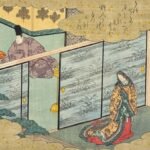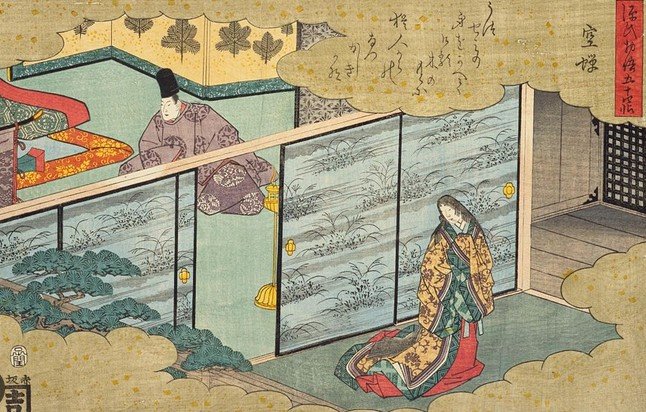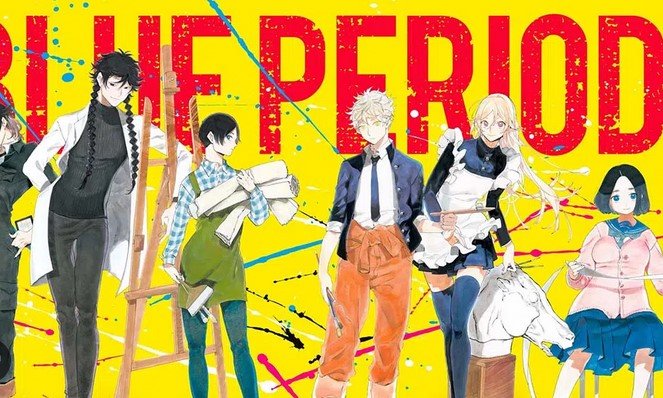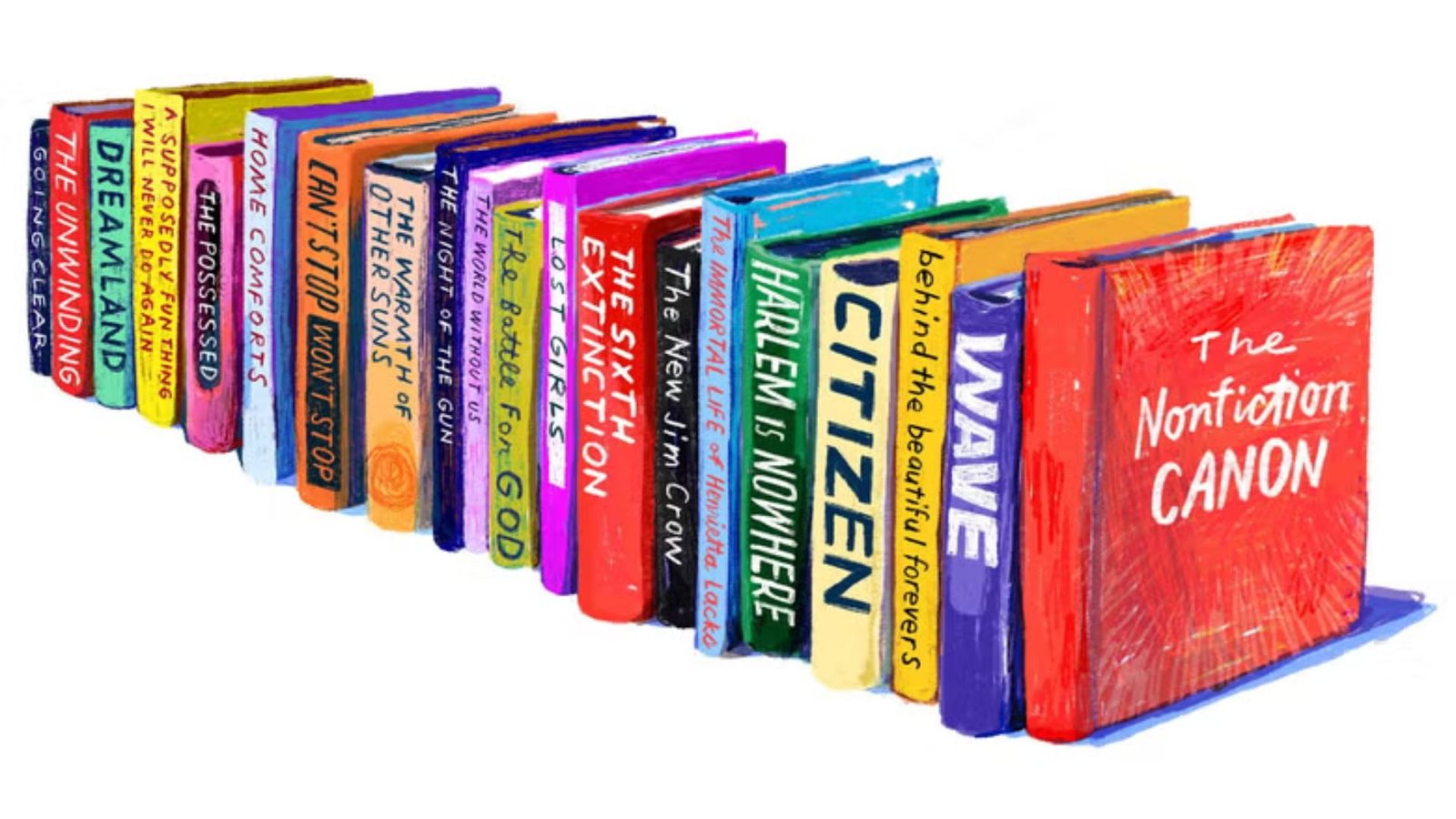Japanese literature has long been home to innovative writers who have pushed boundaries and redefined storytelling. These authors have introduced new ideas, writing styles, and perspectives, making a significant impact on both Japanese and global literary landscapes. From surreal narratives to experimental structures, these writers continue to inspire readers with their fresh approaches to fiction. If you’re interested in exploring works that break the mold, here are some of the most notable Japanese authors known for their innovation.

1. Haruki Murakami: Blending the Surreal with the Real
Haruki Murakami is a literary innovator who is widely admired for blending the surreal with the real. His works, such as Norwegian Wood, Kafka on the Shore, and 1Q84, are known for mixing dreams and reality in ways that captivate and puzzle readers. Murakami’s unique narrative style combines magical realism with psychological depth, creating a world where the ordinary and the extraordinary collide.
Murakami’s innovative storytelling style often features unreliable narrators, non-linear timelines, and interwoven themes of loneliness, identity, and alienation. His ability to engage readers on both an emotional and intellectual level has earned him a place among the most influential authors worldwide.
If you’re looking for a writer who is not afraid to take risks and experiment with surreal storytelling, Murakami is a perfect choice.
2. Yasunari Kawabata: Master of Elegance and Symbolism
Yasunari Kawabata, Japan’s first Nobel Prize-winning author, is known for his elegant prose and innovative narrative structures. Works like Snow Country and The Sound of the Mountain reveal Kawabata’s skill at combining symbolism with subtle emotional depth. He often uses the natural world to reflect inner human emotions, bringing an extra layer of meaning to his stories.
Kawabata’s style is characterized by minimalism, where every word is carefully chosen. His approach to storytelling often emphasizes moments of stillness, allowing emotions to build slowly but powerfully. His ability to evoke deep emotional resonance through simple yet profound moments is a hallmark of his innovative writing.
If you appreciate elegant, minimalist writing that conveys deep emotions through subtle symbols, Kawabata’s works are a must-read.
3. Kobo Abe: Surrealism and Existentialism in Fiction
Kobo Abe is a celebrated innovative Japanese writer known for his existential and surreal novels. In works like The Woman in the Dunes and The Face of Another, Abe explores themes of alienation, identity, and the absurdity of human existence. His stories often feature strange, dreamlike situations that blur the line between the real and the imagined.
What makes Abe particularly innovative is his ability to weave philosophical themes into surreal narratives. His writing is often unsettling, forcing readers to reflect on their own existence and the nature of reality. Abe’s works invite deep philosophical inquiry, making them intriguing and intellectually challenging.
If you enjoy surreal fiction that explores complex existential questions, Kobo Abe’s works will challenge and inspire you.
4. Ryūnosuke Akutagawa: Revolutionizing Short Fiction
Ryūnosuke Akutagawa is known for revolutionizing the short story format in Japan. His works, such as Rashōmon and In a Grove, use multiple perspectives and unreliable narrators to explore moral dilemmas, truth, and subjectivity. Akutagawa’s innovative approach to storytelling presents the same event from different viewpoints, allowing readers to question the nature of truth and reality.
Akutagawa’s ability to capture the complexity of human nature in a short format is unmatched. His psychological insight and layered storytelling set him apart as one of the most influential authors in Japanese literature.
If you appreciate literary experimentation and enjoy stories that challenge your perception of truth and reality, Akutagawa’s short stories will engage and intrigue you.
5. Banana Yoshimoto: Simple Yet Profound Innovation
Banana Yoshimoto has earned international recognition for her simple yet innovative approach to storytelling. Her debut novel, Kitchen, deals with themes of loss and healing in a way that feels both intimate and universal. Yoshimoto’s innovative writing style combines simplicity with emotional depth, making her works accessible to a broad audience while still offering profound insights into the human condition.
Yoshimoto often blends the ordinary with the supernatural, creating a subtle sense of mystery in her stories. Her ability to combine modern issues with spiritual exploration makes her writing both innovative and deeply relatable.
If you enjoy simple, reflective writing that still challenges traditional storytelling, Yoshimoto’s works will captivate you.
6. Kenji Miyazawa: Fantastical and Morally Charged Tales
Kenji Miyazawa is best known for his fantastical short stories that often contain moral lessons. His most famous work, Night on the Galactic Railroad, is a surreal fantasy story that also explores deep themes of selflessness and compassion. Miyazawa’s writing combines philosophical reflections with magical realism, creating an innovative fusion of fantasy and morality.
Miyazawa’s works are rich in symbolism, using animals, mythical creatures, and cosmic settings to teach important lessons about life and human nature. His ability to blend fantasy with moral storytelling makes his works both entertaining and thought-provoking.
If you enjoy fantastical tales with strong moral themes, Kenji Miyazawa’s works are a must-read.
7. Junichiro Tanizaki: Psychological Depth and Innovation
Junichiro Tanizaki is a writer known for his exploration of desire, identity, and psychological complexity. In works like The Makioka Sisters and The Tattooer, Tanizaki delves into the dark side of human relationships, often blurring the line between morality and immorality. His works are innovative in their portrayal of human desire and sexuality, and they continue to challenge conventional ideas about identity and self-expression.
Tanizaki’s use of psychological tension and desire as narrative forces makes his works both provocative and innovative. His ability to explore taboo subjects with a combination of depth and subtlety has made him a significant figure in world literature.
If you enjoy exploring the complexities of human desire and psychological depth, Tanizaki’s works will leave you fascinated.
Conclusion
These notable Japanese authors known for their innovation have forever changed the literary world. Whether through magical realism, existential questions, psychological complexity, or social commentary, each of these authors has contributed a unique voice to the global literary scene. Their works offer fresh perspectives on human nature, society, and the very act of storytelling itself.











